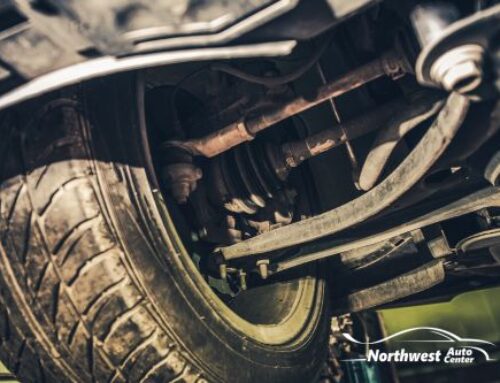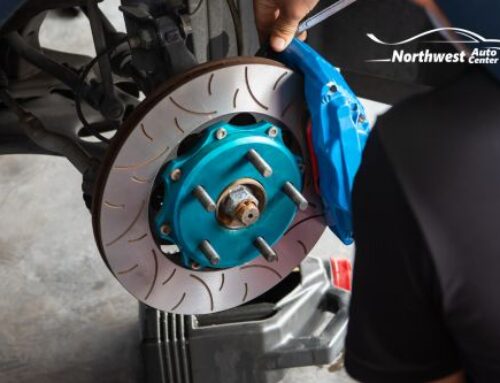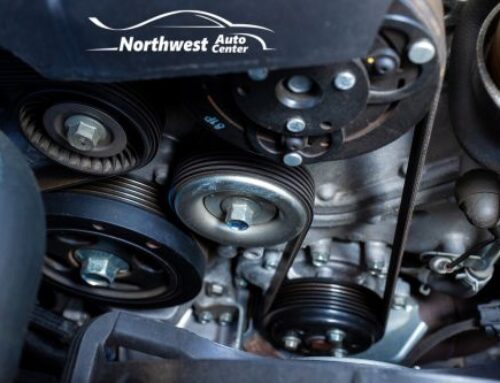
Engine pinging is a concerning noise that can signal serious issues within your vehicle’s engine and is a problem that many drivers encounter. Engine ping is a sound that occurs when the fuel-air mixture in one or more of a car’s cylinders detonates prematurely.
So, what do you do when you hear the dreaded sounds? That depends on the cause.
Understanding Engine Pinging
To comprehend engine ping/detonation, it’s essential first to understand how an internal combustion engine operates.
An engine’s cylinders are designed to ignite the fuel-air mixture at a precise moment, causing a controlled explosion that pushes the piston down, generating power. However, when the fuel-air mixture ignites prematurely or unevenly, it results in a knocking or pinging sound.
This abnormal combustion process can cause severe damage to the engine components over time.
Common Causes of Engine Ping
Engine pinging can occur from a number of different root causes. While it can sometimes be easy to spot, it’s important to confirm with your local auto mechanic to confirm your findings.
Low-Octane Fuel
One of the most common causes of engine knock is the use of low-octane fuel. Engines are designed to run on a specific octane rating, which indicates the fuel’s ability to resist knocking/pinging. Using fuel with an octane rating lower than what your engine requires can lead to premature detonation.
Always use the recommended octane rating specified in your vehicle’s owner manual.
Carbon Deposits
Over time, carbon deposits can build up inside the combustion chamber. These deposits can increase the compression ratio, leading to engine knock. Regular maintenance can help prevent carbon buildup. In severe cases, professional cleaning might be necessary to remove these deposits. Many times, carbon deposits can be avoided by having your fuel injectors cleaned every 2 years or 30,000 miles; whichever occurs first.
Incorrect Spark Plugs
Spark plugs play a crucial role in the ignition process. Using the wrong type of spark plug (heat range), can lead to engine pinging. It’s always a good practice to use spark plugs that the manufacturer recommends and those only.
Lean Fuel Mixture
An engine requires the correct air-to-fuel ratio to function optimally. A lean fuel mixture, meaning too much air and not enough fuel, can cause detonation/pinging. This issue can be due to clogged fuel injectors, a malfunctioning fuel pump, or an issue with the fuel delivery system.
Overheating Engine
An overheated engine can also lead to engine pinging. High temperatures (like in Texas) can cause the fuel-air mixture to ignite prematurely. Having your vehicle checked regularly by a mechanic of your vehicle’s cooling system, including the radiator, coolant levels, and thermostat, will ensure your engine is running at the correct temperature.
How to Address Engine Ping
Addressing engine pinging involves both preventive measures and corrective actions. There are various things that go into keeping your vehicle healthy, including:
- Using the Correct Fuel
- Regular Vehicle Maintenance
- Monitoring Engine Temperature
- Having Your Fuel System Inspected During Check-Ups
- Addressing Small Issues Before They Turning Into Big Problems
Stop the Engine Ping
Understanding the common causes of engine pinging helps you plan out your maintenance and potential repairs. Regular maintenance, using the correct fuel, and addressing any issues promptly are key steps to ensuring your vehicle’s longevity and performance.






Leave A Comment
You must be logged in to post a comment.